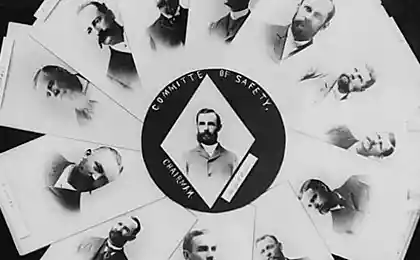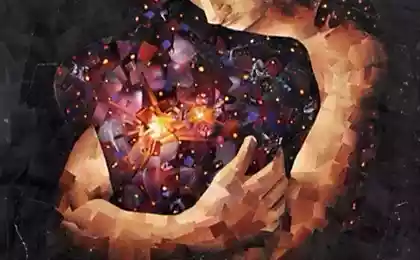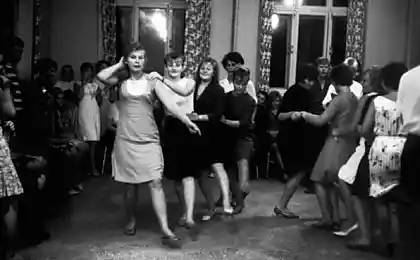559
Science explains why some people fall for scoundrels

We've all seen it a thousand times: the guy endlessly complains about his fickle girlfriend, and still continues to hang her, despite the fact that most of the time it just wipes his feet on. Or vice versa, the victim - a girl who can not part with frank scum. In any case, sooner or later the situation is so annoying friends, relatives and friends that they begin to suspect "the unfortunate victim of" a desire to suffer.
But science has another explanation. Professor of Clinical Psychiatry, Richard Friedman believes that the reason why people keep returning to the unbearable partner, lies not in the "subconscious desire to suffer." He is sure - the thing is, how the brain receives the "award».
Type loving affection in question is akin to gambling - with the difference that instead of money here - a manifestation of affection.
The secret lies in the fact that the eccentric partner "gives" unexpected reward, why it is perceived by the brain as a much more powerful and attractive.
To illustrate his point, Friedman turned to a study conducted by psychiatrist Gregory Berns. Burns was trying to find out what happens in the brain when the reward is predictable and when unpredictable.
Using a tomography brain Burns watched activity of the brain, while participating prepared fruit juice and water - first random intervals, then every 10 seconds. Burns found that an unexpected reward evoked more activity in areas of the brain responsible for pleasure.
As the juice experiment Burns, love and affection to activate the area of the brain that releases dopamine when stimulated - a substance that causes feelings of pleasure. This part of the brain helps us to recognize a special award - the one that is critical to survival.
"In contrast to the predictable stimuli, unexpected can tell about the world something new - says Friedman - It is not surprising that we want to be close to those who can serve as a signal for us that some big reward may be nearby." < br />
When the melancholic young man suddenly and blindly begins to love someone, this area of the brain starts to work in emergency mode, producing dopamine, which will keep him on the hook. In such a situation, a person typically does not understand what happened to him.
Further study of Burns showed that there is almost no connection between the preferences, which declares itself the subject and the activity of his brain.
"This means that we can consciously choose everything - the brain triggers a mechanism for obtaining his reward, beyond the control of our ways, sometimes even antithetical to our conscious preferences," - concluded Friedman.
So the next time your friend will complain about the flighty girlfriend, sympathize with him - it is not because he likes to suffer. Most likely, it's just the brain plays a trick on him.
Source: www.mixstuff.ru
via factroom.ru
In Germany and Austria, men and women both attend public saunas
The largest flower in the world zatsvёl























